History
The Institute of Physics is part of the Faculty of Physics of the Pontificia Universidad Católica. Here, theoretical and experimental research is carried out in the following areas:
- Medical Physics
- Mathematical Physics
- Plasma Physics
- High Energy Physics
- Theoretical Condensed Matter Physics
- Experimental Condensed Matter Physics
- Quantum Optics
Research activities are funded by various sources, both from Chile (Fondecyt, Anillos PBCT, Iniciativa Científica Milenio, Fondef, Basal/ANID funding, Fondequip, among others), and from abroad.
Two members of our community have been distinguished with the National Award in Exact Sciences: Rafael Benguria in 2005, and Miguel Kiwi in 2007. Both are members of the Academia Chilena de Ciencias (Chilean Academy of Sciences).
In addition, the Master’s and Doctorate programs in Physics have been remarkably successful both nationally and internationally. Many of its graduates hold prestigious positions, both within the country and abroad, and there are several areas of research in Physics in Chile in which the formative contribution of the UC has been fundamental: such as Condensed Matter, Quantum Optics and Plasma Physics.
The increase and renewal of the academic staff, the strengthening of existing fields of research and the creation of new areas and programs, such as the Master in Medical Physics, have generated a strong increase in scientific output and in the obtaining of competitive funds.
In turn, we belong to several international collaborative networks, which allow an exchange of researchers and graduate students.
Its capacity and professionalism, added to the great commitment of administrative staff, students and academics, position the UC Institute of Physics as a national and international benchmark that contributes to the development of Chile.
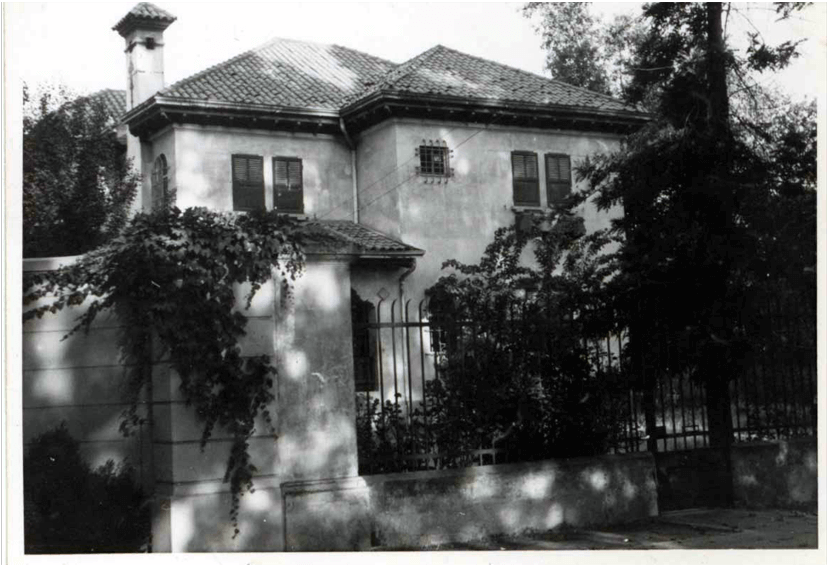
The School of Physics was initially (1963-1965) located in a house at 520 Ricardo Lyon Avenue.
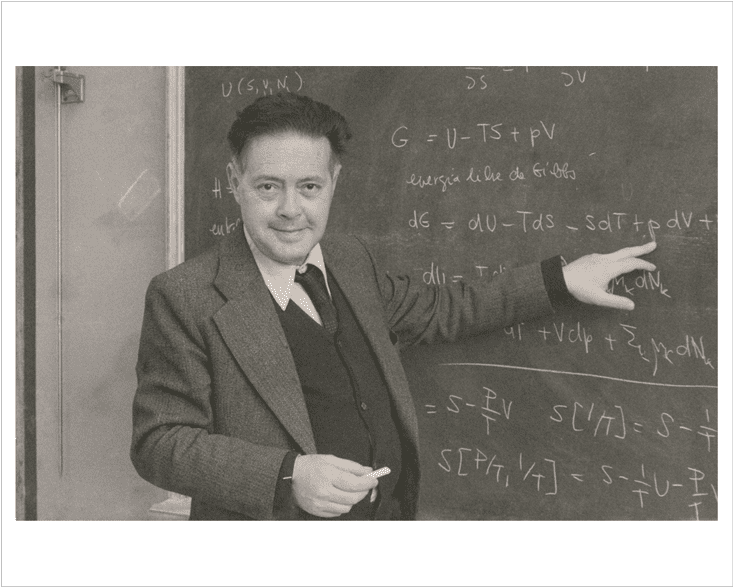
Carlos Rodríguez was invited by Raúl Devés to join the School of Physical and Mathematical Sciences in 1966. He was part of the School of Physics, which operated at Casa Central between 1965 and 1968, before moving to the San Joaquin Campus. He taught at the School of Physics until 2007.
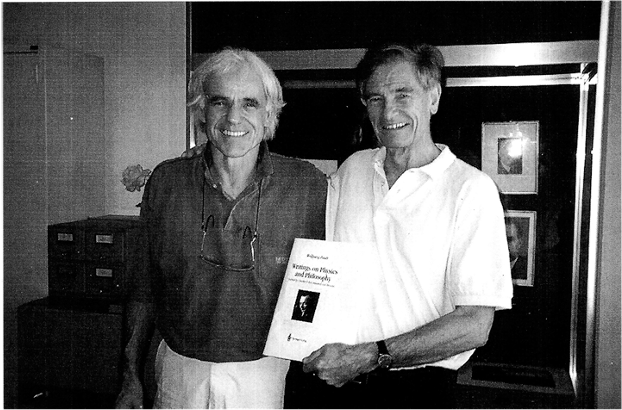
Karl von Meyenn, one of the first graduates of the Bachelor’s Degree in Physics in 1965.
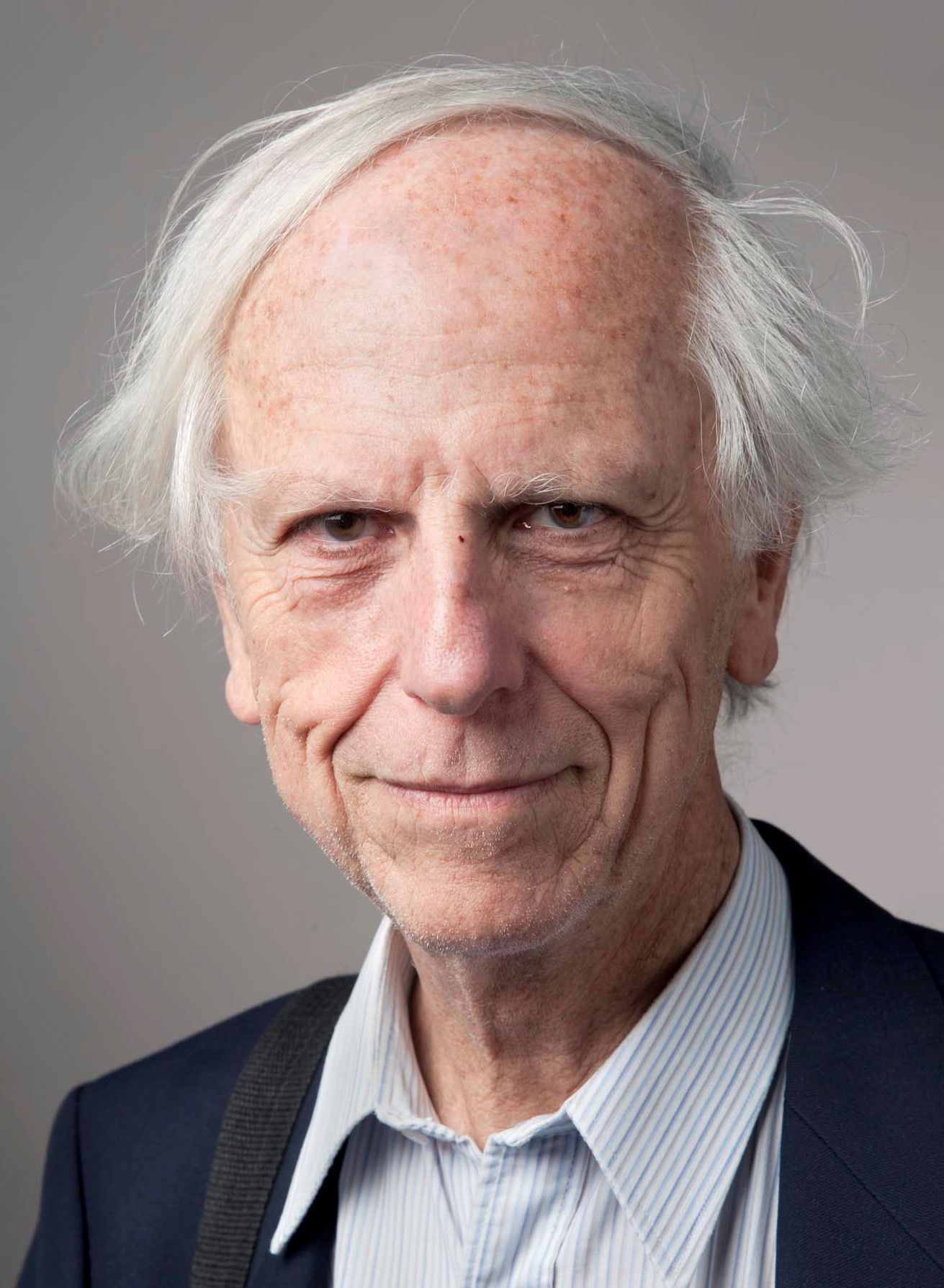
Francisco Claro Hunneus, one of the first graduates of the Bachelor’s Degree in Physics in 1967.
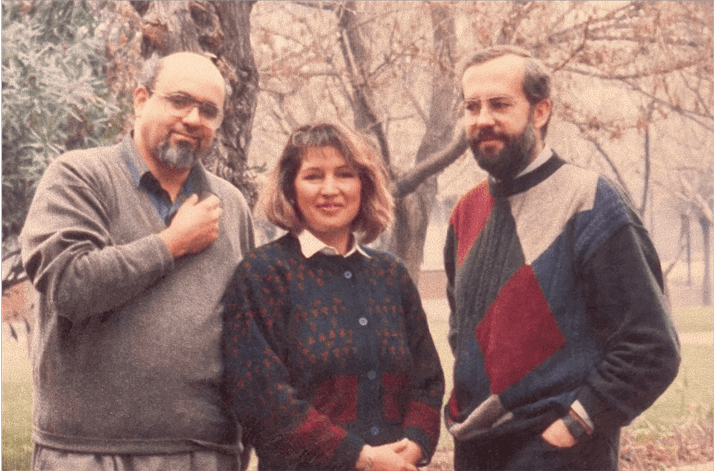
Marcelo Loewe, Ninoslav Bralic and Giliana Perez, secretary of Theoretical Physics.
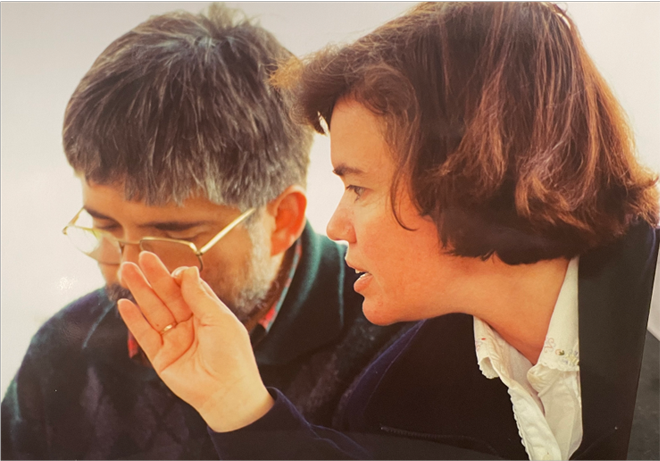
First graduates of the Master in Exact Sciences, mention in Physics 1975 María Cristina Depassier and Jorge Alfaro.
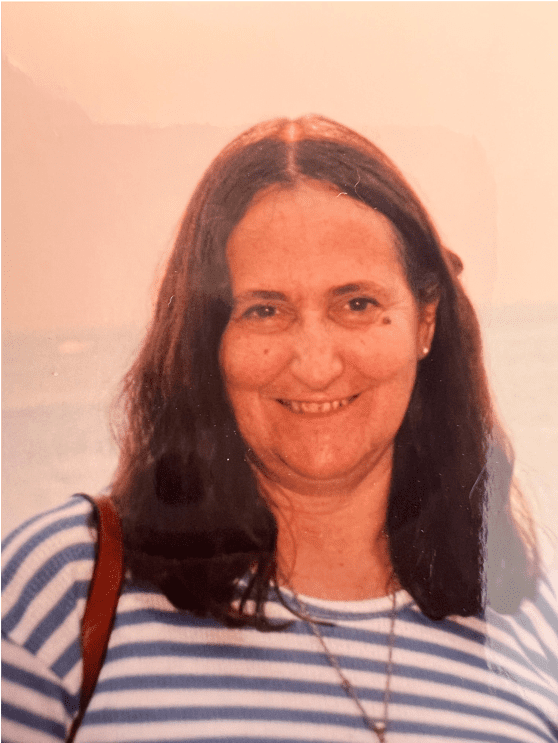
Zdenka Barticevic graduated as Professor of Physics and Mathematics at the University of Chile in 1970. Then she obtained a Master’s Degree in Physics at the PUC in 1981. She was the first person to obtain the degree of Doctor in Physics at the UC in 1986 and the first woman doctorate in Physics in Chile. She had an outstanding academic career.
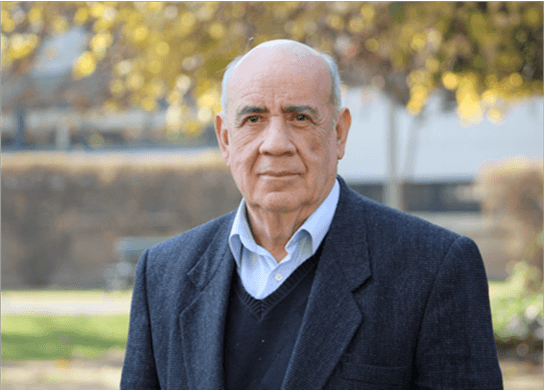
The Faculty of Physics began to operate in 1982. Its first (and third) Dean was Prof. Ricardo Ramirez L.
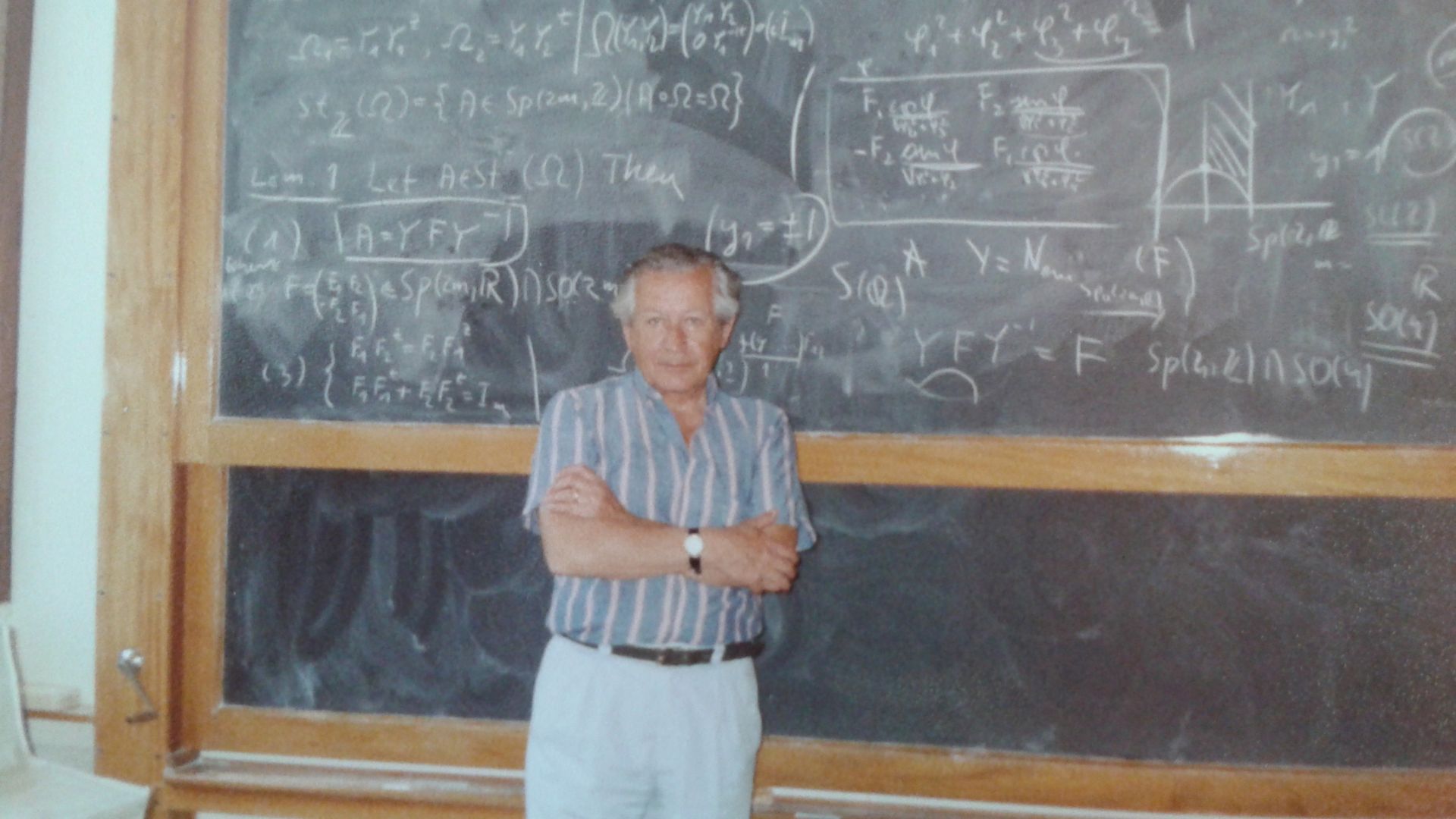
The Second Dean of Faculty was Prof. Jorge Krause A., between 1990 and 1993.
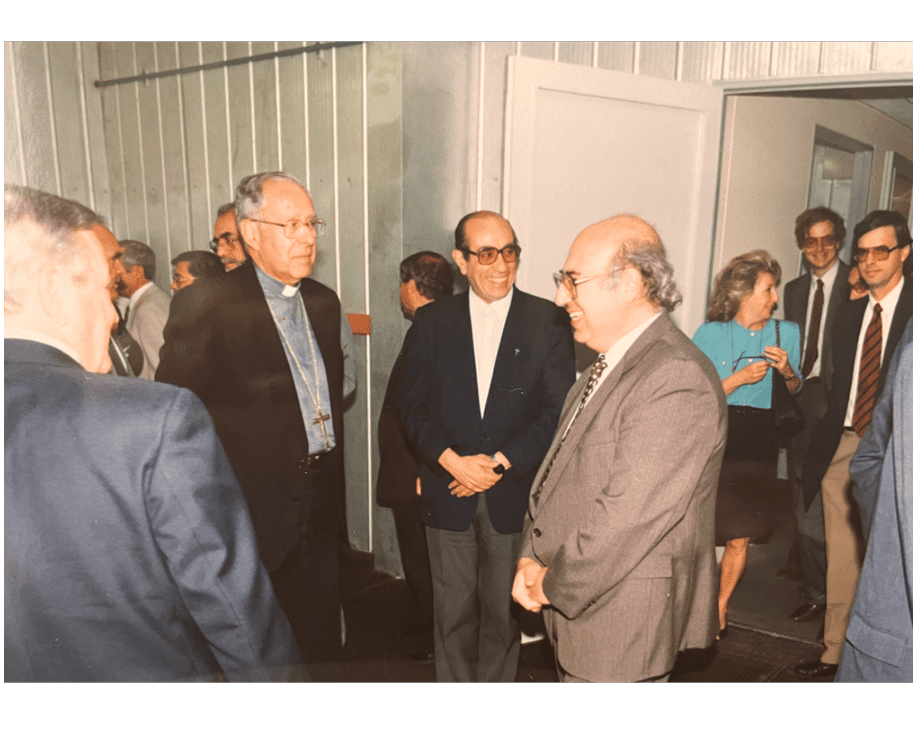
Inauguration of the Experimental Physics Building, 1992.
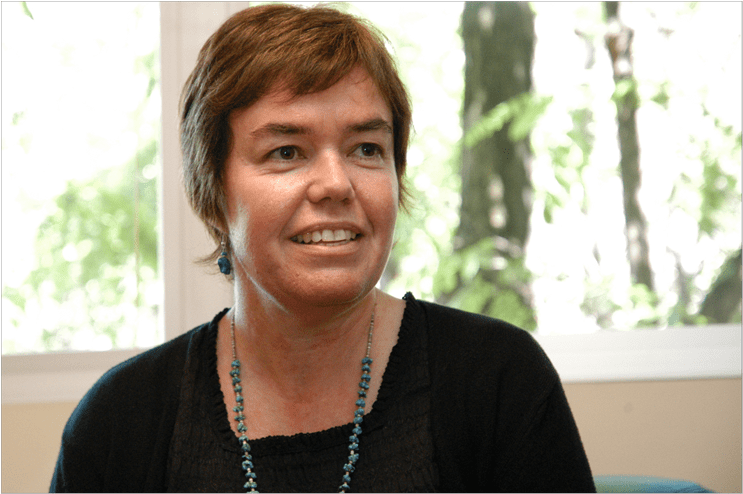
Prof. María Cristina Depassier becomes the fourth Dean of the Faculty of Physics.
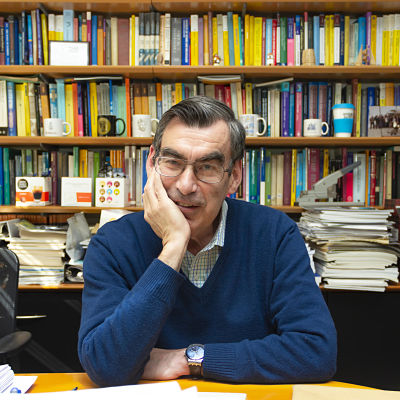
Rafael Benguria receives the 2005 National Prize in Exact Sciences.
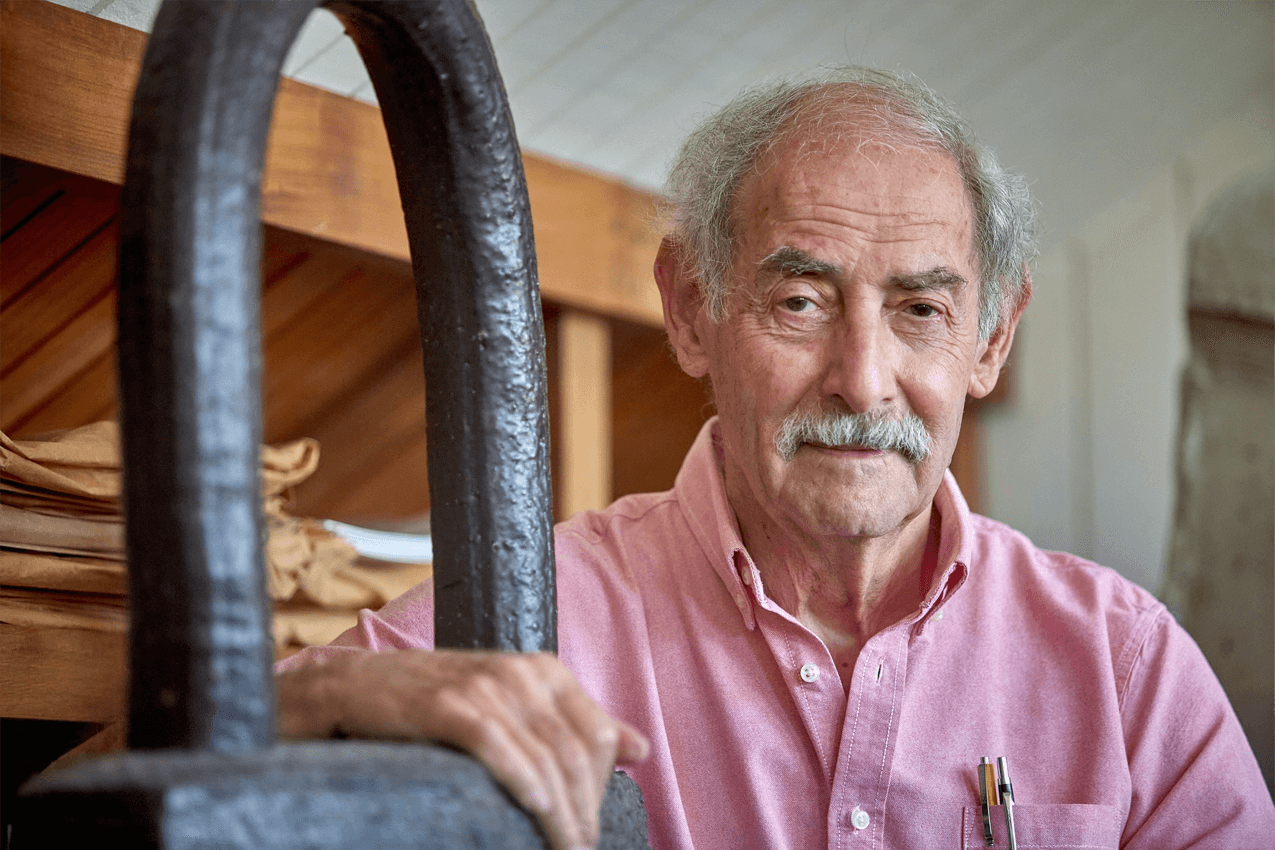
Miguel Kiwi receives the 2007 National Prize in Exact Sciences.
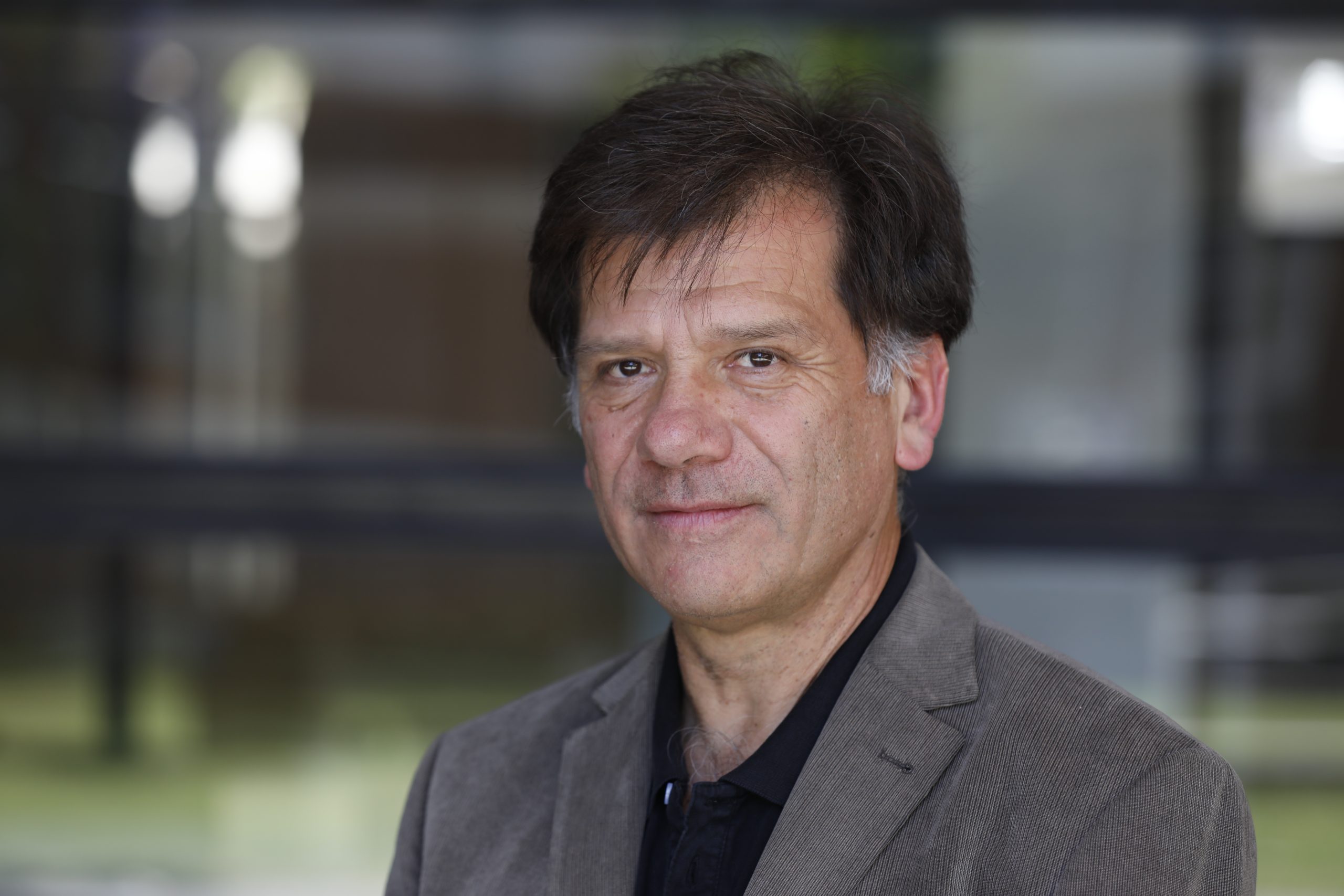
Prof. Máximo Bañados becomes the fifth Dean of the Faculty of Physics.
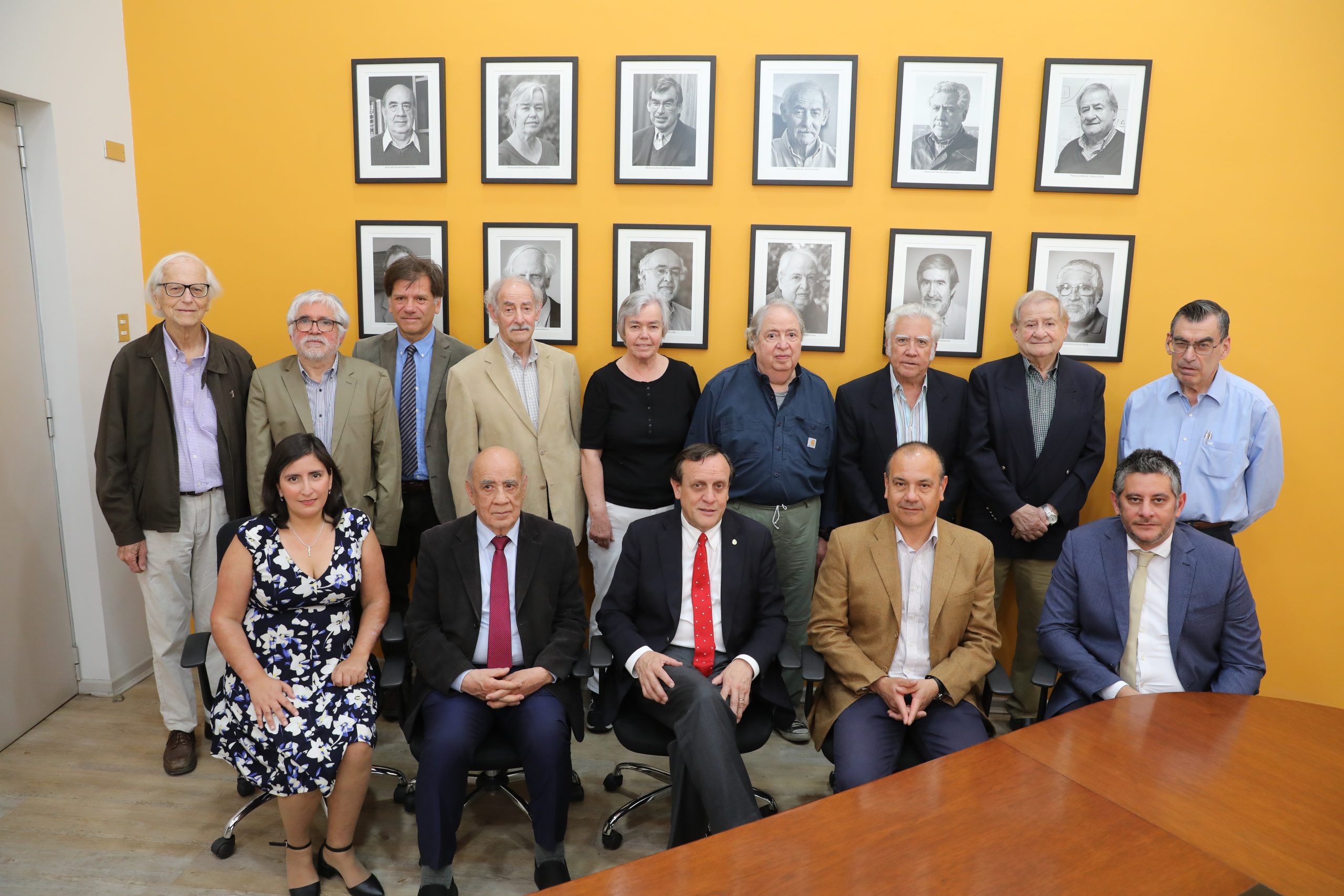
As part of the celebration of the 40th anniversary of the Faculty of Physics, a new honor mural is unveiled, with photos of the founding professors.
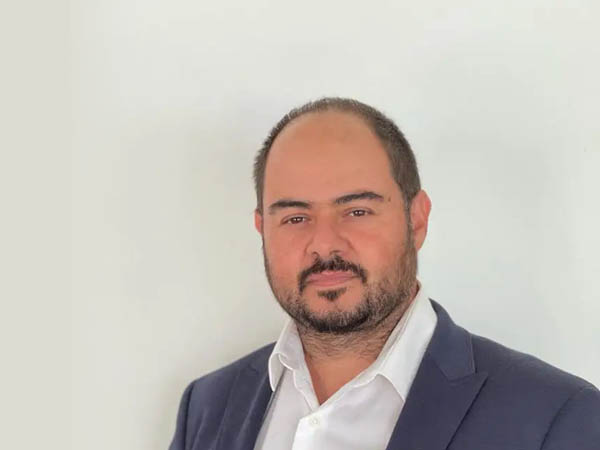
Prof. Samuel Hevia takes over as the sixth Dean of the Faculty of Physics.
Our roots
The School of Physics is founded, under the direction of Carlos Rivera Cruchaga, and with it, the Bachelor’s Degree in Physics, which has graduated hundreds of students in its years of operation.
The Institute of Physics is created as part of the Exact Sciences Area. In 1970, the latter became the Faculty of Exact Sciences. The first director of the Institute of Physics was Alfredo Seguel.
The Graduate Program in Science (PEPCE) is initiated, giving rise -among others- to the Master’s and Doctorate programs in Physics. The first director of the Postgraduate Program in Physics was Francisco Claro.
The Faculty of Physics is created by decree. The first dean was Professor Ricardo Ramírez Leiva.
Thanks to the Program for the Strengthening of Experimental Physics, financed by the Andes Foundation and managed by the Chilean Physics Society (SOCHIFI), the Plasma Physics and Condensed Matter laboratories of the Faculty receive the necessary equipment to develop cutting-edge research in Chile.
New Experimental Physics Building is inaugurated.
The Master’s program in Medical Physics is created, supported by a Mecesup Project and an agreement with the University of Heidelberg. This project allowed the incorporation of new academics in this area.
The Departments of Physics and Astronomy are created.
Professor Rafael Benguria receives the National Award in Exact Sciences for his research in Mathematical Physics.
Prof. Maria Cristina Depassier becomes the fourth Dean of the Faculty of Physics. She is the first woman to assume the position of Dean of a Faculty of Sciences at the Universidad Católica.
Professor Miguel Kiwi receives the National Award in Exact Sciences for his research in Condensed Matter Physics.
Researcher Beatriz Sanchez becomes the first academic in Medical Physics, a new interdisciplinary area at UC.
The Faculty of Physics is restructured, and the Institutes of Physics and Astrophysics are created within the Faculty. The first director of the Institute of Physics was Marcelo Loewe, and the first director of the Institute of Astrophysics was Andreas Reisenegger.
Prof. Máximo Bañados becomes the fifth Dean of the Faculty of Physics.
Faculty of Physics celebrates 40 years.
Prof. Samuel Hevia takes over as the sixth Dean of the Faculty of Physics
As a result, Physics at UC is firmly established as a referent in research and training of advanced human capital in Chile.